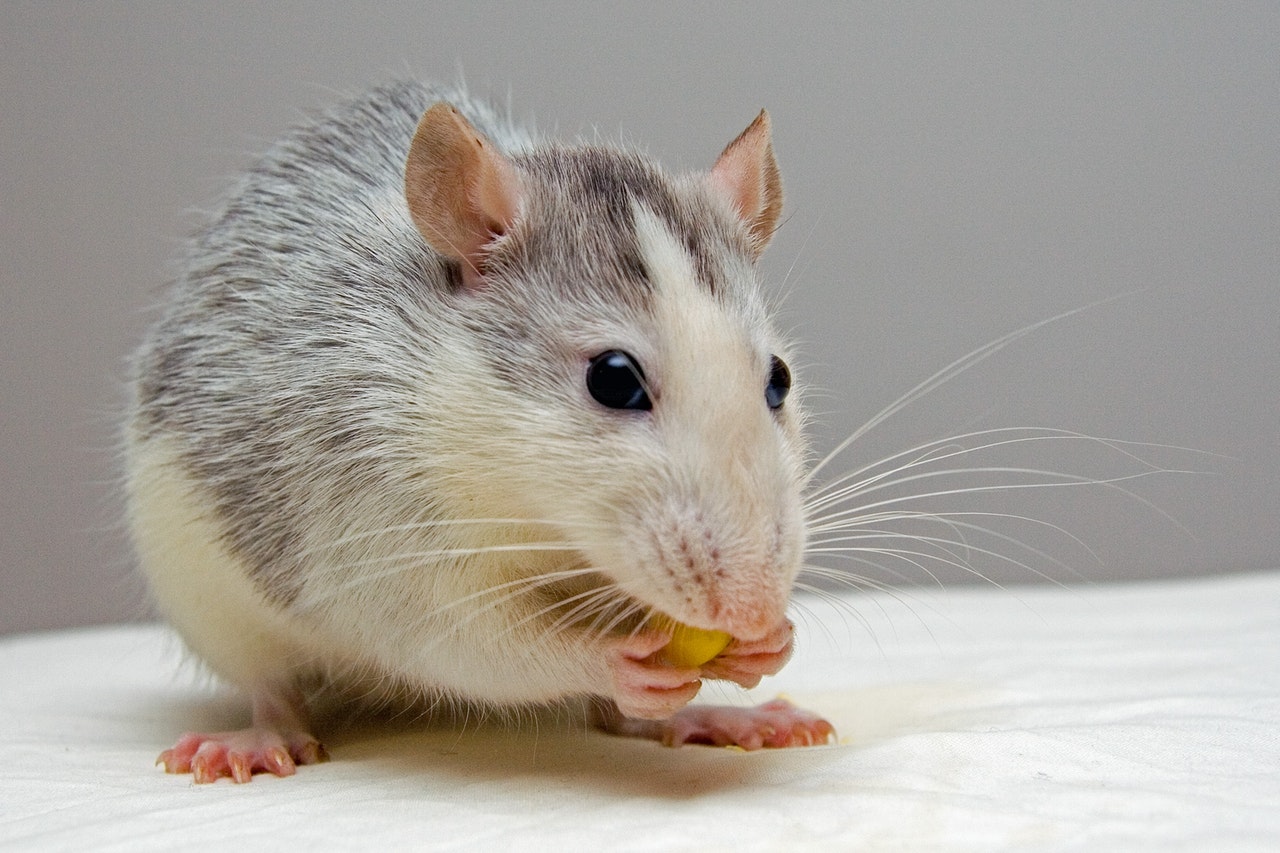As fears of a coronavirus outbreak heighten, we also find ourselves in the middle of the return of Lassa fever, another virus-induced illness with flu-like symptoms. A number of people have been reported to have contracted the virus across several states within the country. And as that number continues to grow, so also does our need to be extra careful as we go about our daily activities. Here are some things you should know about Lassa fever and how to stay safe from it.

What is Lassa fever?
Lassa fever is an acute hemorrhagic fever caused by the Lassa Virus. It could be transmitted when one has contact with food or household items that has been contaminated by an infected rodent’s excreta, specifically the multimammate rat which is very common in rural areas and places with a high rat population and poor sanitation. One could also get infected through contact with the urine or feces of infected rats or the body fluids of infected persons.
What are its symptoms?
The symptoms of Lassa fever manifest about 2-21 days after contact with the virus. In most victims, symptoms are mild and they include:
- Fever
- Headache
- Sore throat
- Chest and muscle pain
- Nausea
- Facial swelling
- Bleeding
Can it be treated?
There is currently no vaccine against the spread of the virus, but Ribavirin (an antiviral drug) has proven to be effective as treatment against the virus when given at an early stage of the illness. There are also precautionary measures that can be taken to reduce its spread.
How can you avoid it?
There are several preventive methods that can be taken to avoid contracting Lassa fever. You can:
- Make sure your food is properly cooked.
- Keep all edibles away from the reach of rodents. For this, sealed bags and containers with lids would do a good job.
- Ensure that you properly dispose your garbage, and that you do so as far away from your house as possible.
- Keep your house tidy to discourage rats from taking up residence there in the first place.
- Avoid contact with body fluid of infected persons.
- Wash your hands regularly (we can’t stress this one enough).
- Consider adopting a feline friend, as cats are known to keep rats at bay.

So, what next?
While hoping that the government eventually finds a way to completely rid the nation of Lassa fever, we can play our parts as citizens by carrying out the preventive measures outlined above. You can also visit our website for everything you need to keep yourself and your loved ones safe from the virus.
